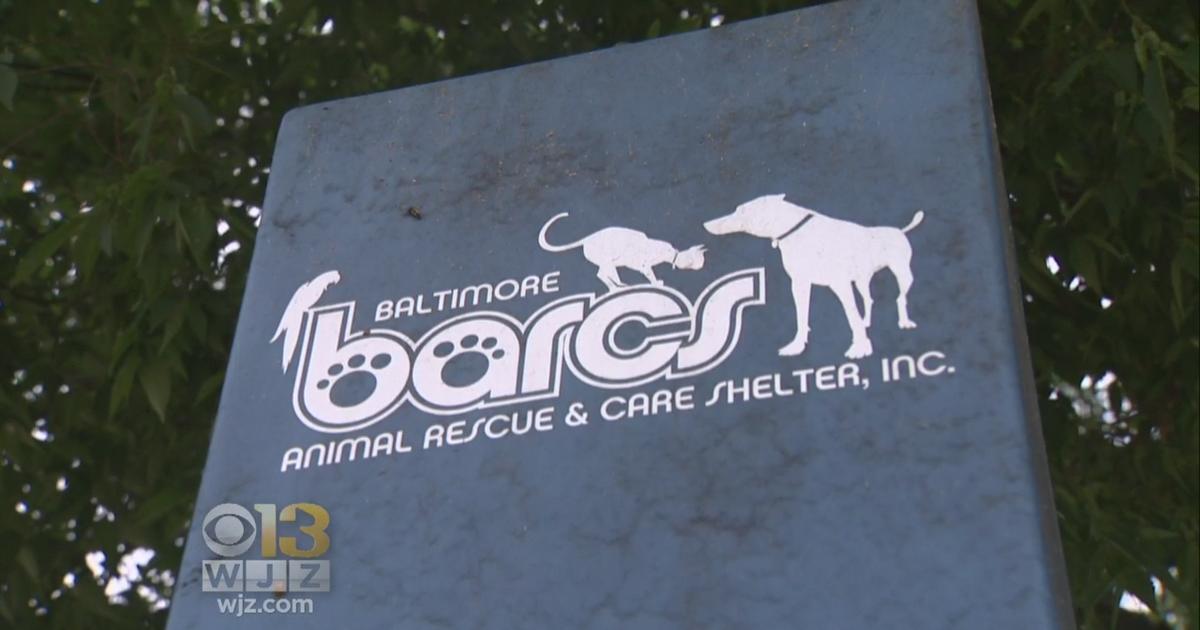Report Links Chesapeake Bay Cleanup, Job Creation
RICHMOND, Va. (AP) -- A report by the Chesapeake Bay Foundation concludes that storm water and sewage plant upgrades intended to help nurse the environmentally-battered bay back to health would create nearly 250,000 jobs.
The report released Tuesday is aimed at countering claims that the multi-state, multi-billion restoration directed by the Environmental Protection Agency will be harmful to the economy and result in job losses, the foundation's president said.
"That is not borne out by the facts," William C. Baker said in a statement. "Whether the target is EPA or the bay pollution limits, it is essential that the public understand that environmental regulations will create jobs to reduce pollution, and sustain jobs that depend on clean water."
The report, called "Debunking the `Job Killer' Myth," relies on a variety of industry experts such as engineers, reports and other sources to assess the impact of water pollution projects within the six states and the District of Columbia that comprise the bay's 64,000-square-mile watershed. It also reviews job-killing threats dating back to 1976 and Henry Ford II claimed that clean air and fuel efficiency standards would "shut down" Ford Motor Co. to illustrate historic claims that environmental efforts are bad for the economy.
The report found instead that sewage and storm water projects could provide work for 240,000 full-time jobs across the bay region -- engineering jobs, construction and other employment for new pollution-control projects.
The job projections include the so-called multiplier effect, or jobs created as a result of economic activity because of those upgrades.
"Those jobs are going to be concentrated in the large metropolitan areas because that's where the greatest concentration of sewage and storm water occurs," Baker said.
Two key bay states, Virginia and Maryland, plan to invest a total of $3 billion to upgrade sewage treatment plants over more than a decade. That activity alone would create an estimated 60,000 jobs, the report said.
It cites as an example a $305 million storm water pollution control project in Maryland's Montgomery County that will create 3,300 construction and engineering jobs.
Critics and some state and local officials have publicly questioned the ultimate costs of cleaning the bay, a task taken up by the EPA after decades of failure by the states to deal with its deteriorating environmental health. The bay's decline has created vast dead zones where no life exists, depleted oyster stocks and harmed other marine life.
The overall cost of what has been called the most ambitious U.S. water pollution control project ever undertaken has been estimated in excess of $30 billion through 2025. It would be achieved through a "pollution diet" to reduce farm and urban runoff, which dumps nutrients in the bay, and improvements to systems that flush polluted water into the 200-mile-long bay.
A state legislative report in Virginia concluded the job could cost state residents $13.6 billion to $15.7 billion. The report added, however, that the cleanup would also bring economic benefits, aiding industries such as tourism and seafood.
Baker said he questions some of those cost claims and said history has shown the true costs are a fraction of "wildly exaggerated" estimates.
"When you think of those construction workers building a sewage treatment plant, you certainly can make the argument that they're going out and spending more of that money that their making, and that is then going to create jobs in itself," he said.
Besides the district, Maryland and Virginia, the cleanup plan involves New York, Pennsylvania, Delaware and West Virginia.
The report concluded, "Despite rhetoric to the contrary, environmental regulations have a documented history of causing no harm to the economy, with job losses often more than balanced by jobs created by environmental cleanup."
(Copyright 2012 by The Associated Press. All Rights Reserved.)



